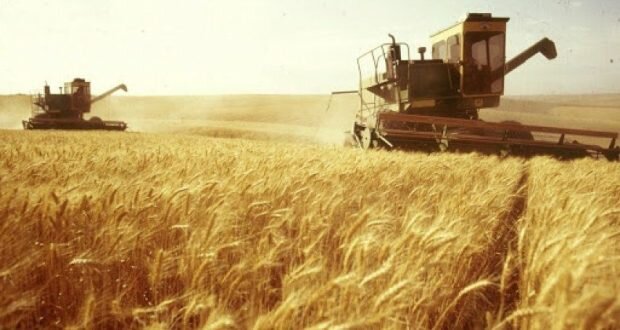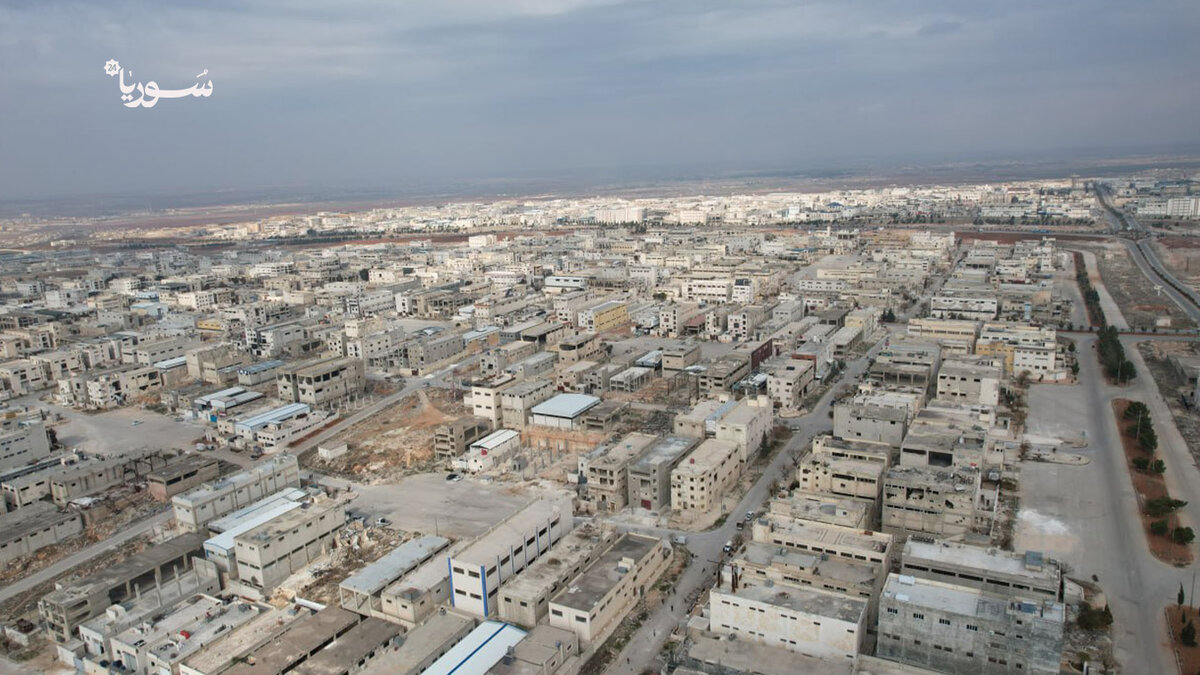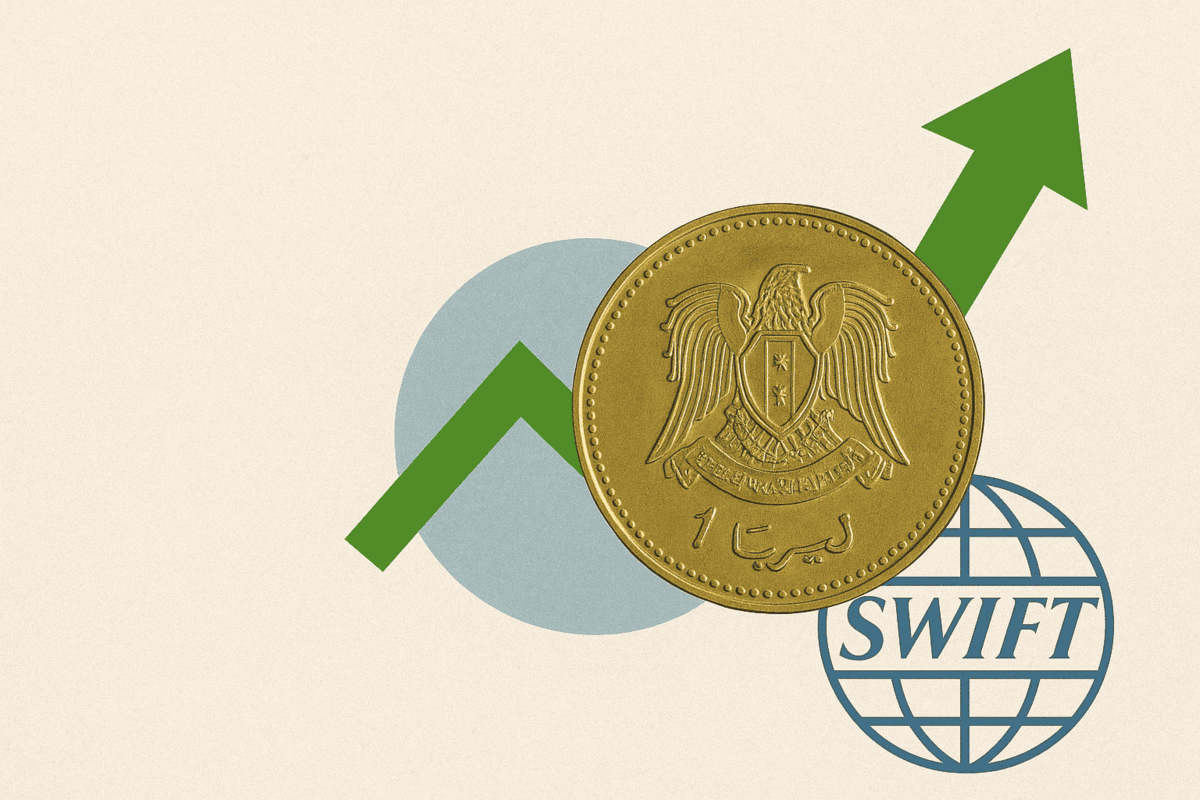أعلنت مؤسسة الحبوب أن محافظة حماة تتصدر المحافظات السورية في تسليم الأقماح حتى تاريخه، مع قرب صرف مستحقات الفلاحين. وقد تم تحديد سعر طن القمح من الدرجة الأولى بمبلغ 450 دولارًا، يشمل 320 دولارًا بالإضافة إلى 130 دولارًا كدعم لكل طن، وهو سعر يعتبر مجزيًا مقارنة بالأسعار العالمية.
أوضح مدير عام مؤسسة الحبوب، المهندس حسن عثمان، أن سعر استلام القمح المستورد من الميناء أو المعابر يبلغ 245 دولارًا للطن الواحد، بينما يتم استلام الطحين (زيرو) من المعابر الحدودية بأقل من 340 دولارًا للطن الواحد، مشيرًا إلى أن الفارق في السعر يمثل دعمًا للفلاح.
وأضاف عثمان أن محافظة حماة سجلت أكبر الكميات المسوقة حتى الآن، حيث بلغت 35 ألف طن، وهو ما يمثل نصف الكميات المسوقة في سوريا، تليها محافظة إدلب بـ 12 ألف طن، ثم حلب بـ 11 ألف طن. وتوقع أن يقوم معظم الفلاحين بتسليم كمياتهم هذا العام، نظرًا لثقتهم بالسعر المناسب الذي تقدمه المؤسسة.
وأكد عثمان أن المؤسسة قدمت تسهيلات للفلاحين أثناء تسليم المحصول، بما في ذلك التسليم الفوري للقمح وتخصيص دور مسبق في المراكز، بالإضافة إلى الاستعدادات المسبقة من خلال صيانة المراكز والصوامع وتجهيزها. كما تم تدريب الكوادر وتأهيلها في جميع المجالات التقنية الحديثة المتعلقة بالمحصول.
وشدد على أهمية الحصول على شهادة منشأ تثبت أن القمح المنتج يعود للفلاح وليس لتاجر، وذلك بسبب وجود أقماح مسروقة من مناطق سيطرة "قسد"، موضحًا أن المؤسسة لم تتمكن من الوصول إلى مراكزها في تلك المحافظات لاستلام الأقماح.
وأشار إلى أن الفلاحين يعانون من ارتفاع تكاليف الحصاد والنقل بسبب ارتفاع أسعار المحروقات، وهو ما تم أخذه في الاعتبار عند تحديد التسعيرة الجديدة. ولفت إلى أن القمح ينقسم إلى نوعين (قاسٍ وطري) وثلاث درجات، وأن مواصفات القمح لهذا العام جيدة، خاصة القمح القاسي البلوري.
وفيما يتعلق بصرف مستحقات الفلاحين، أوضح عثمان أنه سيتم البدء قريبًا بصرفها فور الانتهاء من تحويل الأموال بين المصارف وترتيب الإجراءات. وأكد أن المؤسسة تستلم القمح في جميع مناطق سوريا باستثناء مناطق "قسد".
واختتم عثمان حديثه بالإشارة إلى أن تسعير القمح بالدولار يعتبر جديدًا على الفلاحين، وأن المؤسسة ستقوم بحساب مستحقاتهم بالدولار ثم تسليمها بالليرة السورية حسب رغبتهم، وذلك وفقًا لسعر المصرف المركزي.











